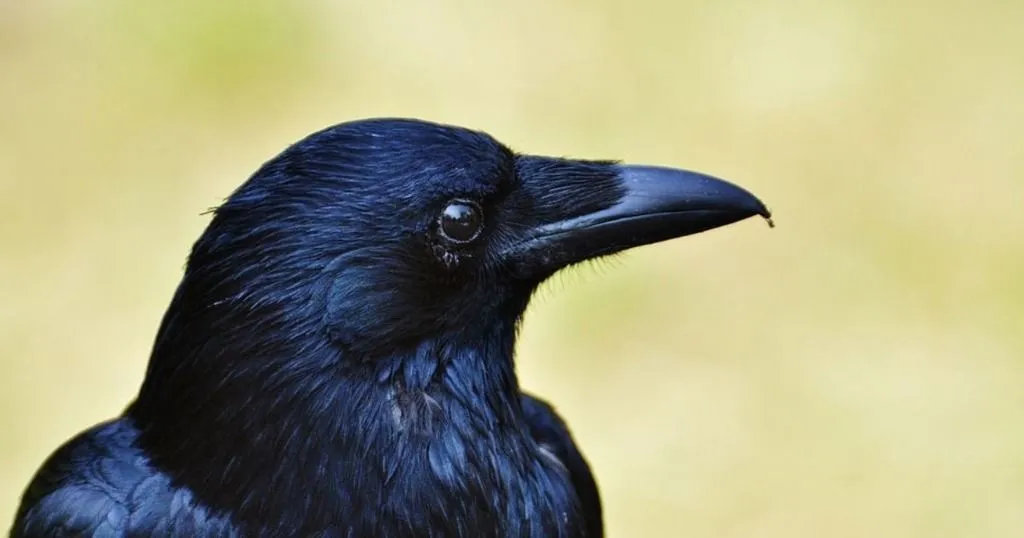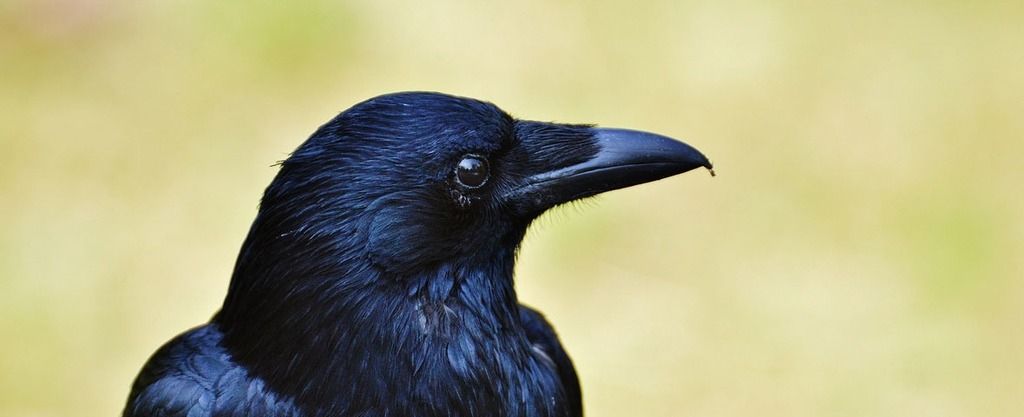To be ravenous or to be social
Prosocial behavior, a voluntary behavior to benefit another, is an interesting concept from an evolutionary point of view. At first sight it may seem logical to be social.
Posted by
Published on
Wed 15 Feb. 2017
Topics
| Birds | Coding Behavior | Coding Schemes | Food | The Observer XT |

To voluntarily benefit another
Prosocial behavior, a voluntary behavior to benefit another, is an interesting concept from an evolutionary point of view. At first sight it may seem logical to be social, because everyone in the group benefits from it. But evolutionarily that does not hold up, because to propagate one’s own genes, cheating and being selfish pays.
Therefore, many believe that prosocial behavior only exists because it is rewarded with social status, reputation, company, and receiving social behavior from others in return.
Prosocial behavior in animals
In animals, prosocial behavior is well studied in various monkey and bird species. However, it is difficult to truly study whether giving a reward to a conspecific is really without benefit for the supplier. And in studies in which it was carefully ruled out that a reward to a conspecific was also rewarding to the supplier, the experiments often gave contradictory results.
Investigating prosocial behavior in ravens
Triggered by these earlier studies and the evolutionary theories surrounding them, Megan Lambert and colleagues studied whether ravens showed prosocial behavior towards a conspecific bird.
In addition to this, they investigated whether prosocial behavior was affected by affiliation between the birds and whether the behavior of the conspecific bird, like standing in view, vocalizing and displaying feathers, mattered. The authors used The Observer XT to quantify the bird behavior.

The set-up
In an ingenious set-up, the birds could choose to move one of two drawers by pulling a rope attached to it. By pulling the drawer on one side, food was delivered to a conspecific bird in an adjacent compartment. This was visible to the test bird. Pulling the drawer on the other side resulted in food delivery to an empty compartment.
The birds had been trained extensively prior to the task, to rule out that no prosocial behavior was found because the ravens did not understand the task.
Ravens are not prosocial
The ravens did not display any prosocial behavior: they pulled both drawers equally often. The results did not change when the adjacent bird was a relative and the behavior of the conspecific bird also did not matter. In fact, when the test bird did not receive any food reward itself, almost all birds stopped pulling the drawers completely.
To raven
So are ravens more selfish then social? Ravens will only carry out a task when they receive a reward for themselves. As concluded by the authors, this type of selfish behavior may have given the bird species their somewhat unfriendly name.
Reference
- https://en.wikipedia.org/wiki/Prosocial_behavior
- Lambert, Megan L., et al (2017). "An ‘unkindness’ of ravens? Measuring prosocial preferences in Corvus corax." Animal Behaviour, 123, 383-393. http://dx.doi.org/10.1016/j.anbehav.2016.11.018
Related Posts
Tracking tadpoles – why video tracking is important in ecotoxicology

Behavioral tests to select police horses

